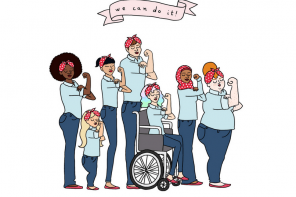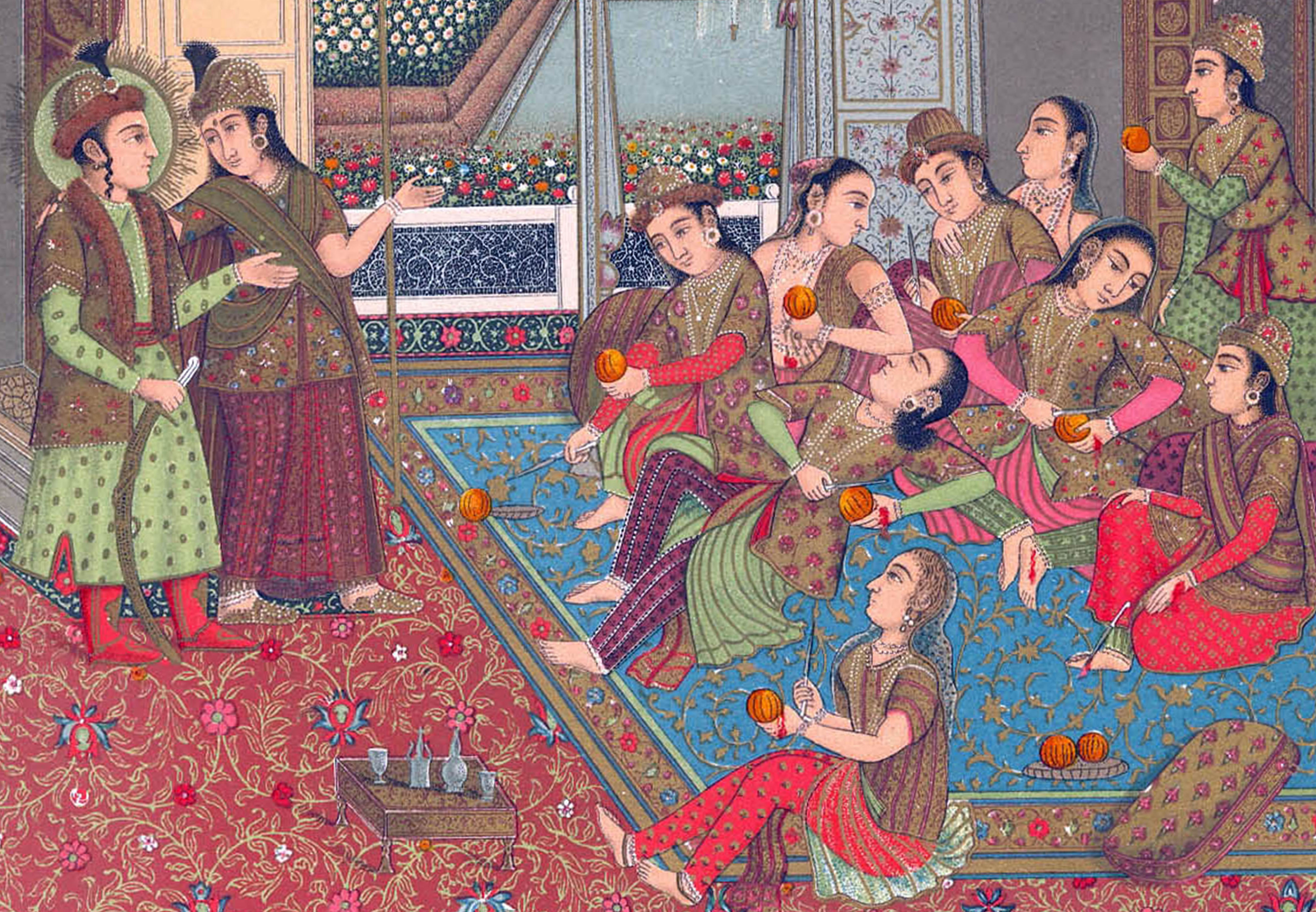I am the new Pharaoh. For more than three decades, I’ve prepared for Passover, and every other time, I’ve related to the Israelite slaves. Not so this year, as I’ve recently met the hard limits of my own parenting powers.
In his own time, Pharaoh was considered more than a man by his own people; he was a deity too. The biggest challenge to Pharaoh’s power, of course, was his public show-down with the Jewish G-d, who used the Ten Plagues to prove omnipotence in a way Pharaoh never could. It must have been hard for Pharaoh to watch and know he could do nothing comparable in response.
As a mother, I’m periodically reminded that my daughters see me as superhuman too. Whether it’s their sense that I should be cheerily awake early in the morning because they are, or my realizing that I’m the judge with unappealable verdicts when it comes to setting boundaries in our home.
I decide what new solid food my infant will try; I decide whether she will nap at home or on-the-go. It’s my call whether we spend the afternoon grocery shopping or at the playground, and whether my preschooler has cooperated enough to merit an end-of-day sweet treat.
There are times that power feels perfectly manageable, and other times when I’m awed, and even humbled, by the amazing power I can project in my girls’ lives.
Recently, however, I had the opposite experience. My highly independent three-year-old screamed out, “Mommy!” before beginning to sob uncontrollably, which is completely out-of-character. I ran from my bedroom in time to see her drop to the hard, white bathroom floor.
She banged her head repeatedly on the tile and the corner of the wooden vanity. Her body writhed rapidly and involuntarily, as her eyes rolled backward. She did not respond to her name. While I thrust my hands protectively between her head and the floor, I felt inadequate.
I watched her body shift from wild, jerky movements toward an increasingly rigid fetal position. Then her eyelids suddenly closed completely, as if her body were rebooting. When they reopened a moment later, my daughter began sobbing again, upset, but back to her usual self and completely unaware of what had just happened.
I felt completely powerless. It was frightening to watch and awful to realize there was nothing to do to stop the seizure. The pediatrician advised us to go to the emergency room — for the third time in less than three months.
The doctors did nothing to change my sense of impotence. After keeping our daughter overnight for observation, they discharged her the next afternoon, telling my husband and me that they had no diagnosis. What we have now is a lengthy litany of questions.
As a Jew, perhaps that should not bother me. We famously answer questions with questions. However, I find myself feeling totally unsettled.
While practicing The Four Questions with my preschooler, who is excited for this year’s Seder debut, my mind has swirled through my own quadrangle of questions: What is going on? Why did these episodes start now? What is causing them? And why is this happening to my daughter? Hopefully someone will be able to answer these questions, because I certainly want to know how to keep my daughter safe.
The future inevitably holds a date when my still-young daughters will pull back the curtain and learn that I am only human. But for now, for their sake, I want to be able to project parental confidence and not add to their worries. Perhaps with help from medical specialists and the Jewish G-d, I’ll be able to keep that Pharaoh-like aura for just a little bit longer.
Melissa Langsam Braunstein is an independent writer and communications strategist in Washington, DC, as well as a staff writer for the cultural blog Acculturated and a contributing writer for the parenting blog Kveller.
Photo credit: Christian Weidinger





